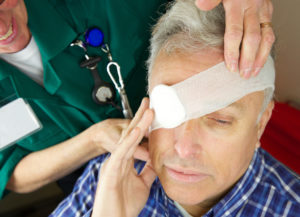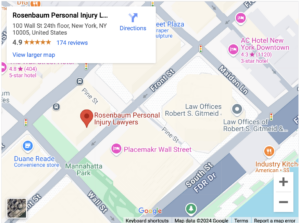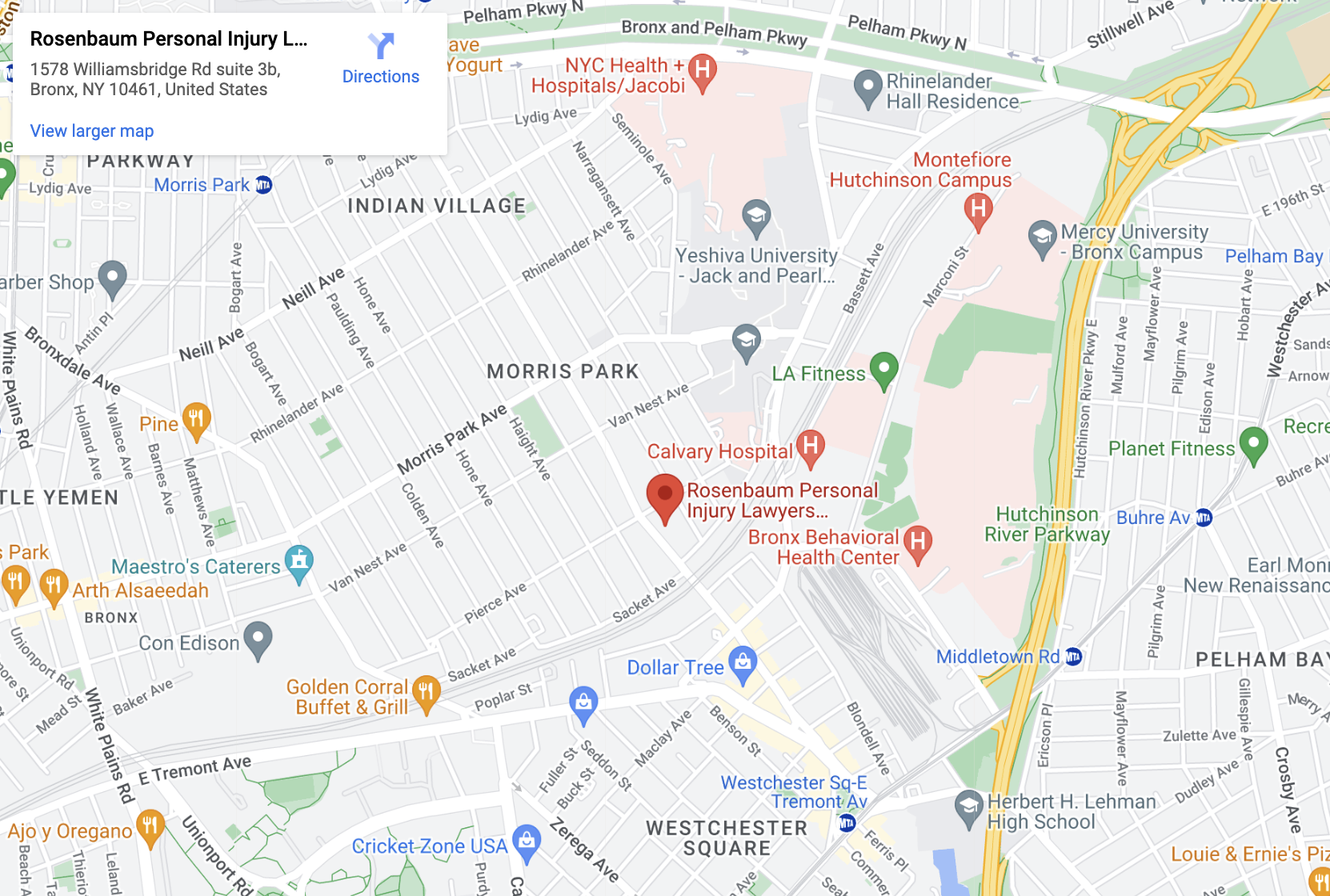Eye Injuries and Blindness

Loss of vision can be devastating. Your entire life is likely to change when you have blindness. You may lose the ability to read, drive, and even care for yourself.
Assistive technologies, service dogs, and other accommodations can help to mitigate the loss of your sight. However, these forms of assistance can cost a lot of money. As a result, you may need to pursue compensation from the person or business that caused your vision loss.
Here are the important things to understand about eye injuries and blindness, along with a guide to the ways that you can pursue compensation for these injuries.
Table of Contents
How Do Traumatic Eye Injuries Happen?
The complicated systems inside of your eyes can fail when you injure the lens, iris, retina, or optic nerve. Some common eye injuries include:
Broken Orbital Bone
The orbital bone surrounds the eye and creates the eye socket. A broken orbital bone can threaten your eyesight as the muscles become entangled in the bone fragments. This could limit the range of motion of your eye if left untreated.
The bone fragments can cause bleeding in the eye socket. Doctors must relieve this form of hematoma because the build-up of blood can compress the optic nerve, permanently damaging it.
The bone fragments also pose a risk to the eyeball and optic nerve. A bone fragment can rupture the eyeball or sever the optic nerve, leading to permanent blindness.
Detached Retina
A blow to the head can cause the retina to detach from the inside surface of the eye. When the retina detaches, it loses its blood supply and can no longer communicate with the optic nerve.
Doctors can perform emergency surgery to reattach a partially detached retina to the eye. However, some vision loss may remain due to damage done to the retina while it was detached.
Foreign Object in the Eye
An accident can cause a foreign object to become lodged in the eye. If the object gets trapped between the eye and the eye socket without penetrating the eye, it may cause intense pain. Doctors can sometimes remove foreign objects with minimal long-term effects.
If the object penetrates the eye, doctors will probably need to operate. Depending on where the object penetrated, there may be permanent damage to the eye after removal of the object.
Chemical Burns
Caustic chemicals can damage eye tissue. Acids, solvents, and cleaning products contain chemicals that can damage the eye on contact.
The severity of the damage to the eye will depend on the type of chemical used and how long it was in contact with the eye. In some cases, immediate first aid can mitigate the damage. But some chemicals like lye, drain cleaner, and fertilizer can cause immediate and permanent blindness.
What are the Risk Factors for Eye Injuries and Blindness?
Trauma to the eye can happen in any accident. Any time your head can strike an object or objects can strike the eye, you risk eye injuries and blindness.
Car Accidents
Most of the orbital fractures treated by ophthalmologists come from car accidents. In a front-end collision or rear-end collision, the head and body lurch toward the steering wheel or dashboard. At the same time, the airbag deploys and moves toward the head at high speed.
Even though the airbag may save your life, it can fracture facial bones, including the orbital bone. When the orbital bone fractures, it can send shards of bone fragments into the eye and eye socket, causing eye injuries.
In addition to the risk of an orbital fracture, car accidents involve a lot of flying debris. Broken glass, plastic, metal, and gravel could fly into your face during a collision. These foreign objects could strike your eyes.
Workplace Accidents
Falls are a common form of workplace accident. When a worker falls from a height, trips and falls, or slips and falls, the face can impact the floor, a ladder, a scaffold, or another surface. If the orbital bone strikes the surface, it could fracture.
In some cases, the eye could hit a surface during the fall. This could scratch the cornea or even rupture the eyeball. Even if the eye does not hit the surface directly, a blow to the head can cause a detached retina.
Many workers also use chemicals in the course of their duties. Fertilizers, pesticides, paints, fuels, cleaners, solvents, and acids can splash into the eyes, causing a chemical reaction that burns them.
Defective Products
Defective products can break or explode, sending pieces flying into the eyes. They can also contain dangerous chemicals that can burn the eyes.
How Are Eye Injuries and Blindness Treated?
Doctors treat eye injuries by removing foreign objects, flushing chemicals from the eye, and surgically repairing damage to the eye and orbital bone. In some cases, eyesight may return after treatment.
But in other cases, blindness or diminished eyesight will persist even after treatment. This usually results from irreparable damage to the eyeball, retina, blood vessels feeding the eye, or optic nerve.
What Compensation Can I Recover for Eye Injuries and Blindness?
Damages for eye injuries or blindness caused by someone else’s negligence fall into two categories:
Economic Damages
Economic damages cover the direct costs of your injury, including your medical expenses and lost income. When you sustain a serious eye injury or permanently damage the eye, you could have substantial economic damages.
Your lost income includes your diminished earning capacity. If your partial or total blindness forces you to change jobs or retire from work, you can claim the wages you would have earned for the remainder of your working life.
Non-Economic Damages
Non-economic damages cover your physical pain and mental suffering. Eye injuries can cause considerable pain. Losing some or all of your eyesight can lead to depression and anxiety. As a result, your non-economic damages could be substantial after a severe eye injury.
To recover compensation for eye injuries or blindness, you will need to document your injury with copies of your medical records. Your lawyer may also need to hire an expert witness to link the blindness or diminished eyesight to the physical injuries you suffered in your accident.
Contact a New York City Personal Injury Lawyer for Help
To discuss your case for compensation after eye injuries or blindness, contact the expert attorneys at Rosenbaum Personal Injury Lawyers for a free consultation. We’ll discuss the facts of your case and help you to explore your legal options. Our New York City personal injury lawyers are ready to fight for you.
Visit Our Law Office In Manhattan, NY
Rosenbaum Personal Injury Lawyers
100 Wall St 24th Floor, New York, NY 10005
(212) 514-5007



